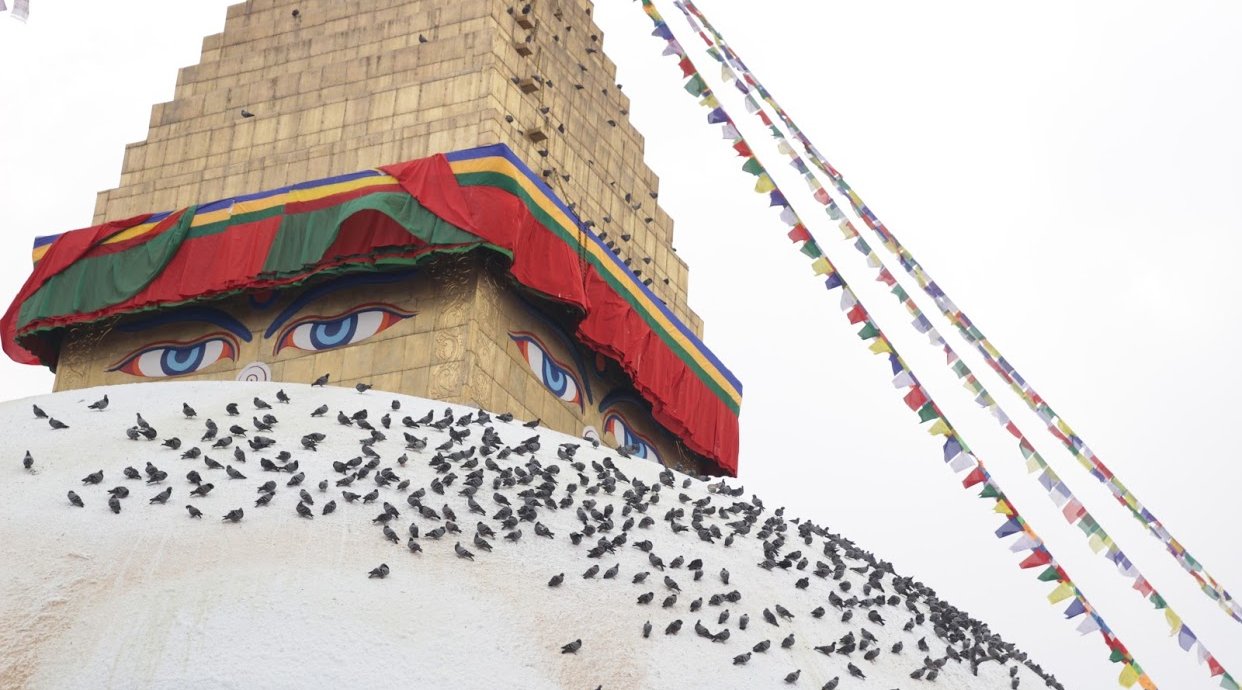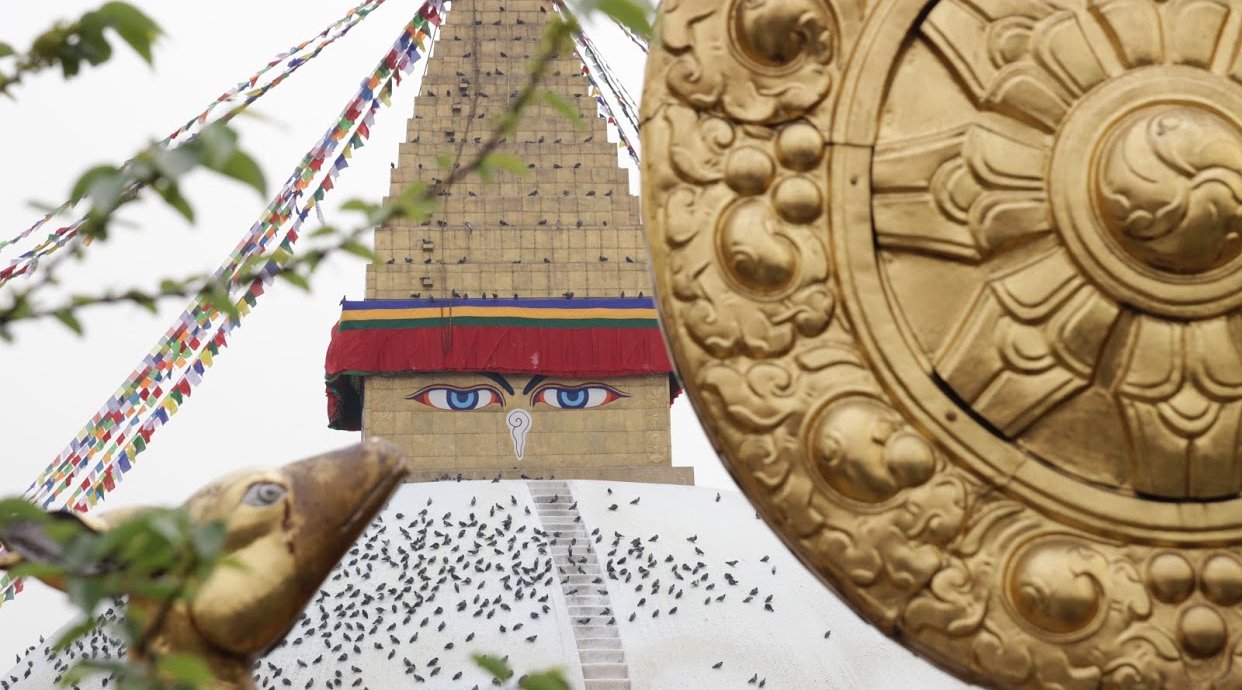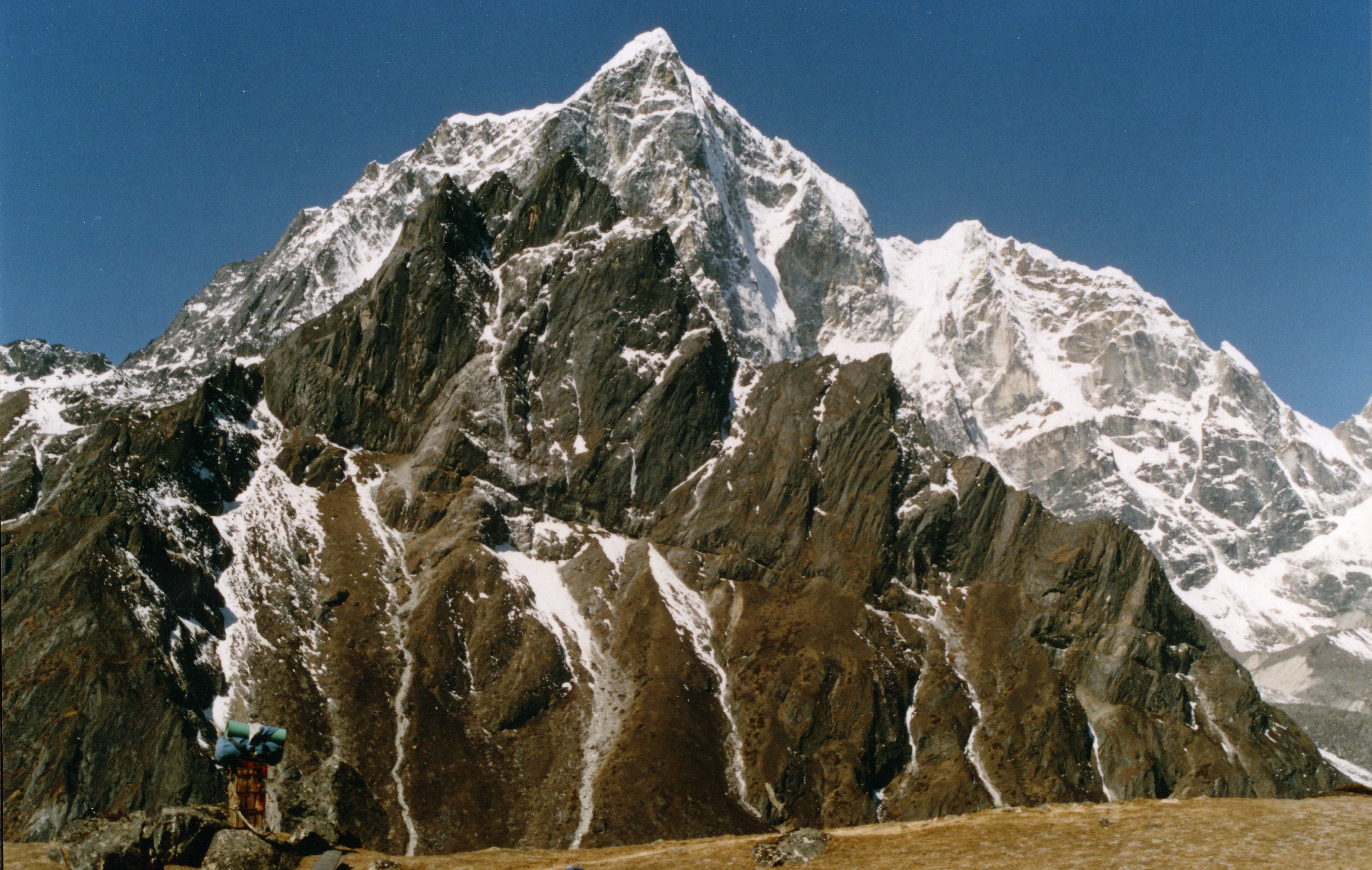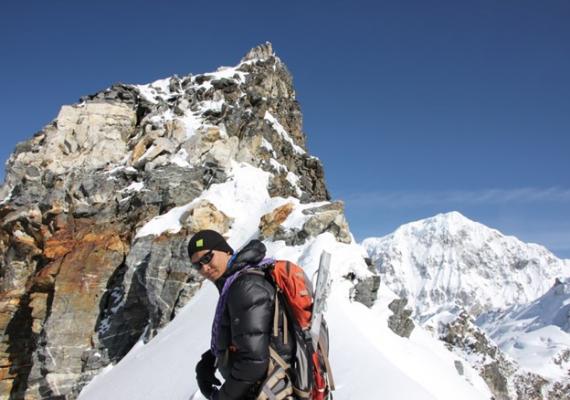Introduction: A Journey into Kathmandu’s Rich Heritage
Kathmandu, the heart of Nepal, offers an extraordinary blend of history, culture, and spirituality. Recently awarded the title of UNESCO Creative City of Film, Kathmandu is one of the most culturally significant cities in Asia. With the Seven UNESCO World Heritage Sites scattered across the Kathmandu Valley, the city draws travelers seeking a deeper connection with Nepal's heritage. Himalayan Hero Adventures provides a chance to explore these historical treasures with a guided tour that immerses you in the valley's rich culture.
Kathmandu: A UNESCO Creative City of Film
In 2024, Kathmandu was officially recognized as a UNESCO Creative City of Film, a title that celebrates the city’s long history in film and its contributions to global cinema. Beyond its cinematic achievements, Kathmandu is known for its well-preserved traditions in art, architecture, and culture. As you walk through the streets of the city, it’s easy to see why filmmakers and cultural enthusiasts are drawn to its rich heritage.
Kathmandu is not just about the sites you’ll visit—it’s an entire experience, a place where history and modernity collide, making it a must-visit for travelers from all over the world.
The Heart of Nepal: Kathmandu’s Seven UNESCO World Heritage Sites
Kathmandu is home to seven UNESCO World Heritage Sites, each showcasing Nepal’s vast historical, cultural, and spiritual diversity. These sites are like living museums, where history comes to life at every corner. Himalayan Hero Adventures will guide you through each of these landmarks, offering deep insights into the religious and cultural significance of each one.
1. Swayambhunath Stupa (Monkey Temple)
One of the most iconic landmarks in Kathmandu, Swayambhunath, also known as the Monkey Temple, is perched high on a hill offering spectacular panoramic views of the Kathmandu Valley. The stupa is revered by both Buddhists and Hindus, and its massive golden spire is a symbol of enlightenment. The temple is also home to hundreds of playful monkeys that roam freely, adding a lively atmosphere to this serene pilgrimage site.
- Kathmandu Durbar Square
At the heart of Kathmandu lies the Kathmandu Durbar Square, a historical gem that blends ancient palaces, shrines, and temples. The square is home to the royal palace, where the living goddess, Kumari, resides. Exploring the square is like stepping back in time, with its intricate woodwork, stone carvings, and a vibrant atmosphere that tells the story of Nepal’s rich royal history.
- Patan Durbar Square
Located in the ancient city of Lalitpur (Patan), this square is renowned for its stunning architecture and artistic beauty. Temples, palaces, and a museum showcasing ancient art and sculpture await visitors here. Patan Durbar Square is a testament to the Newar culture, and it’s easy to get lost in the intricate details of its temples and statues.
- Bhaktapur Durbar Square
Known for its medieval charm, Bhaktapur Durbar Square offers visitors a glimpse into Nepal’s royal past. The square is filled with beautiful wood carvings, stunning temples, and historical landmarks. The famous 55-Window Palace is a highlight, reflecting Nepal’s rich architectural traditions.
- Changunarayan Temple
Located in the hills, Changunarayan is the oldest Hindu temple still in use today. The temple’s architecture features exquisite stone sculptures and rich religious symbolism, making it an essential stop for those interested in Nepal’s ancient Hindu traditions.
- Bouddhanath Stupa
Bouddhanath is one of the largest stupas in Nepal and a central pilgrimage site for Tibetan Buddhists. The stupa is surrounded by monasteries, where you can witness vibrant Tibetan Buddhist rituals. The atmosphere here is peaceful and meditative, offering visitors a chance to experience Tibetan culture up close.
- Pashupatinath Temple
Pashupatinath is one of the holiest temples for Hindus, dedicated to Lord Shiva. The temple is a major pilgrimage site, and visitors can witness rituals, including cremation ceremonies along the Bagmati River. Pashupatinath offers a deeply spiritual experience, where Hindu traditions are observed in their purest form.
Seven UNESCO Sites Tour
Start your journey with an early hotel pickup, ideally around 8 AM, to make the most of the day. Here’s a breakdown of the tour:
- Swayambhunath: 1 hour
- Kathmandu Durbar Square: 1.5 hours
- Patan Durbar Square: 1.5 hours
- Bhaktapur Durbar Square: 2 hours
- Changunarayan Temple: 1 hour
- Bouddhanath Stupa: 1 hour
- Pashupatinath Temple: 1.5 hours
Seven UNESCO Sites Tour Pricing
- 1 Pax: USD 95
- 2 Pax: USD 60 per person
- 3 Pax: USD 50 per person
- 4 Pax: USD 40 per person
- 5 Pax: USD 35 per person
- 6-10 Pax: USD 30 per person






